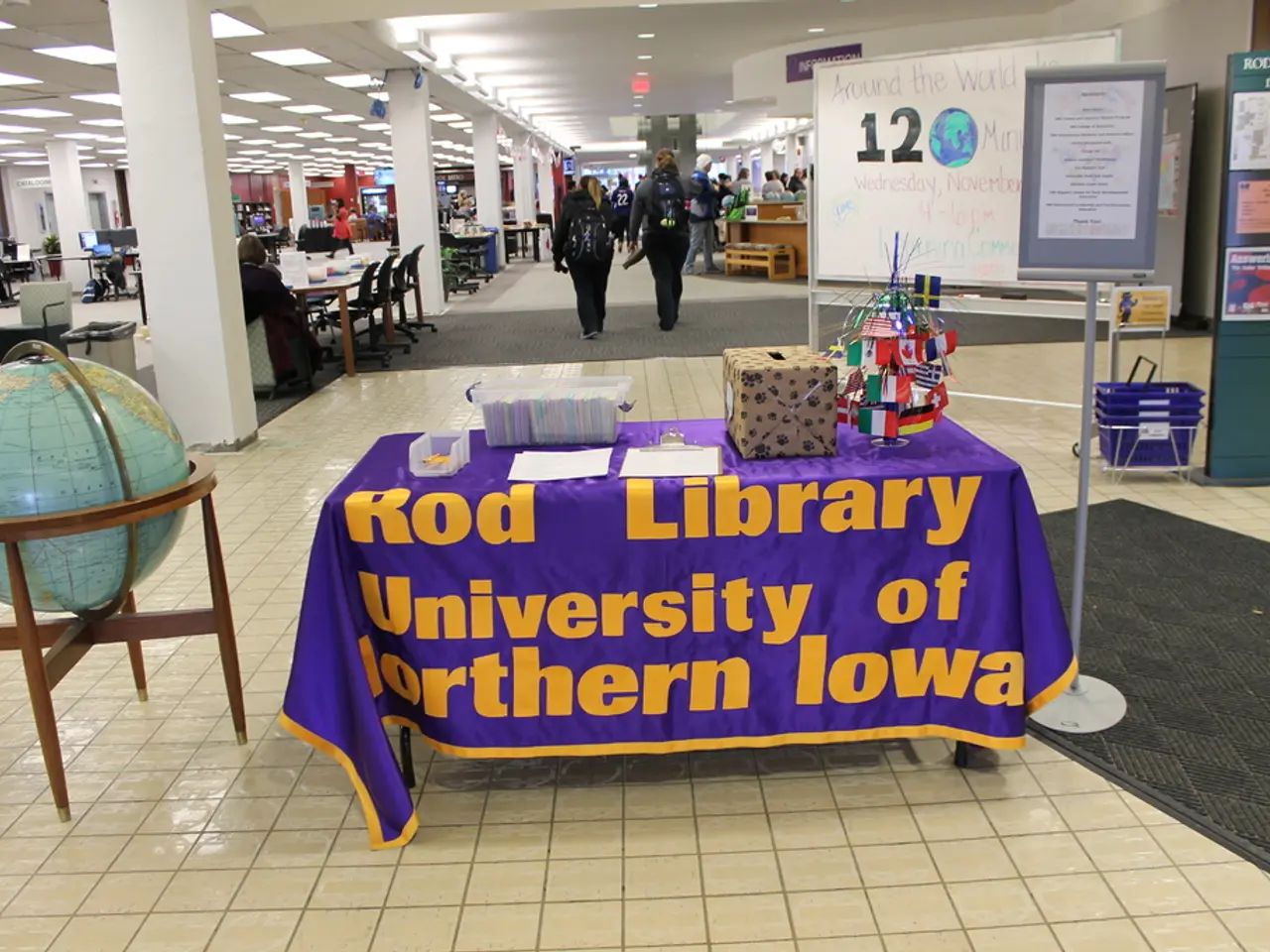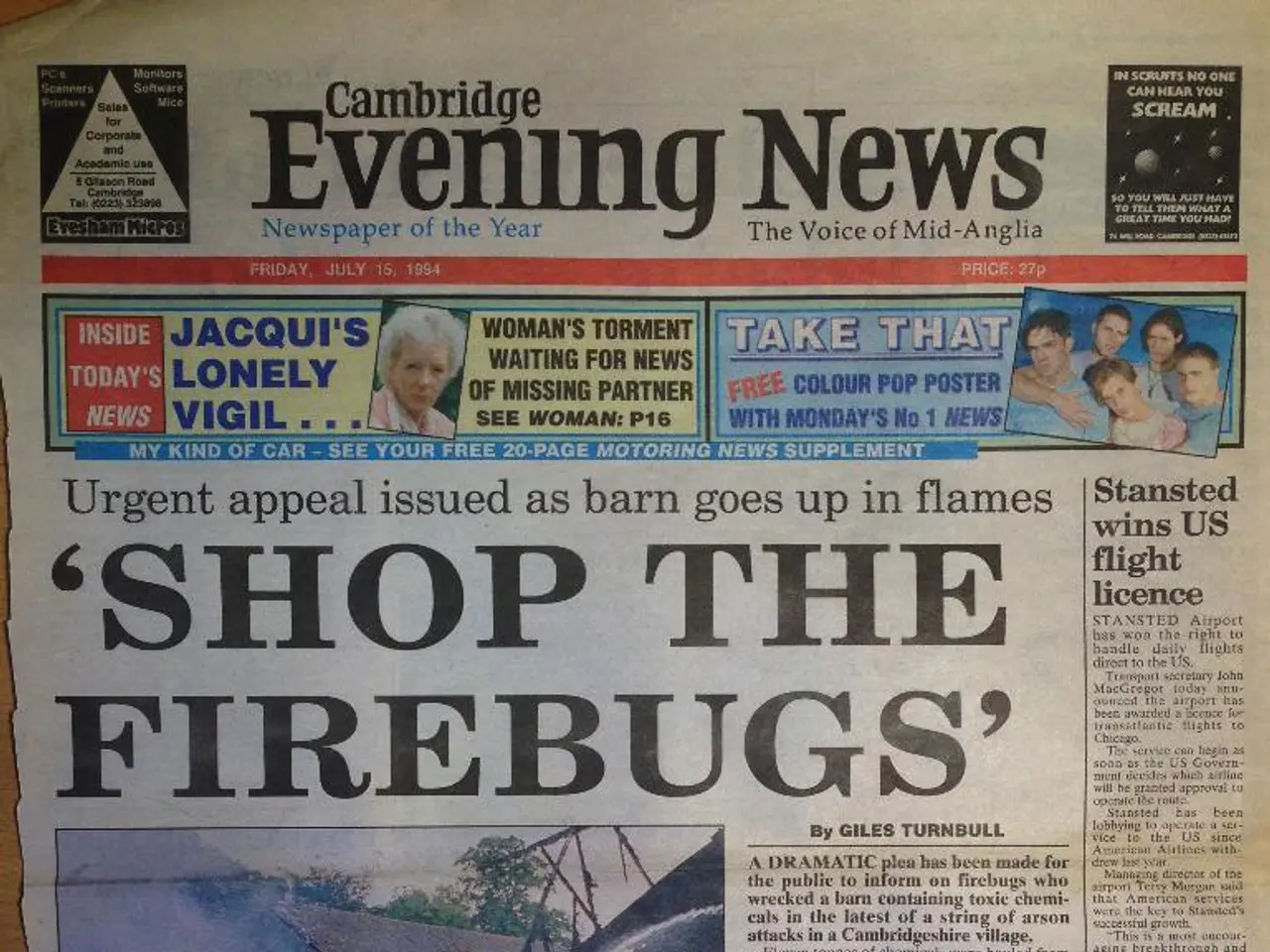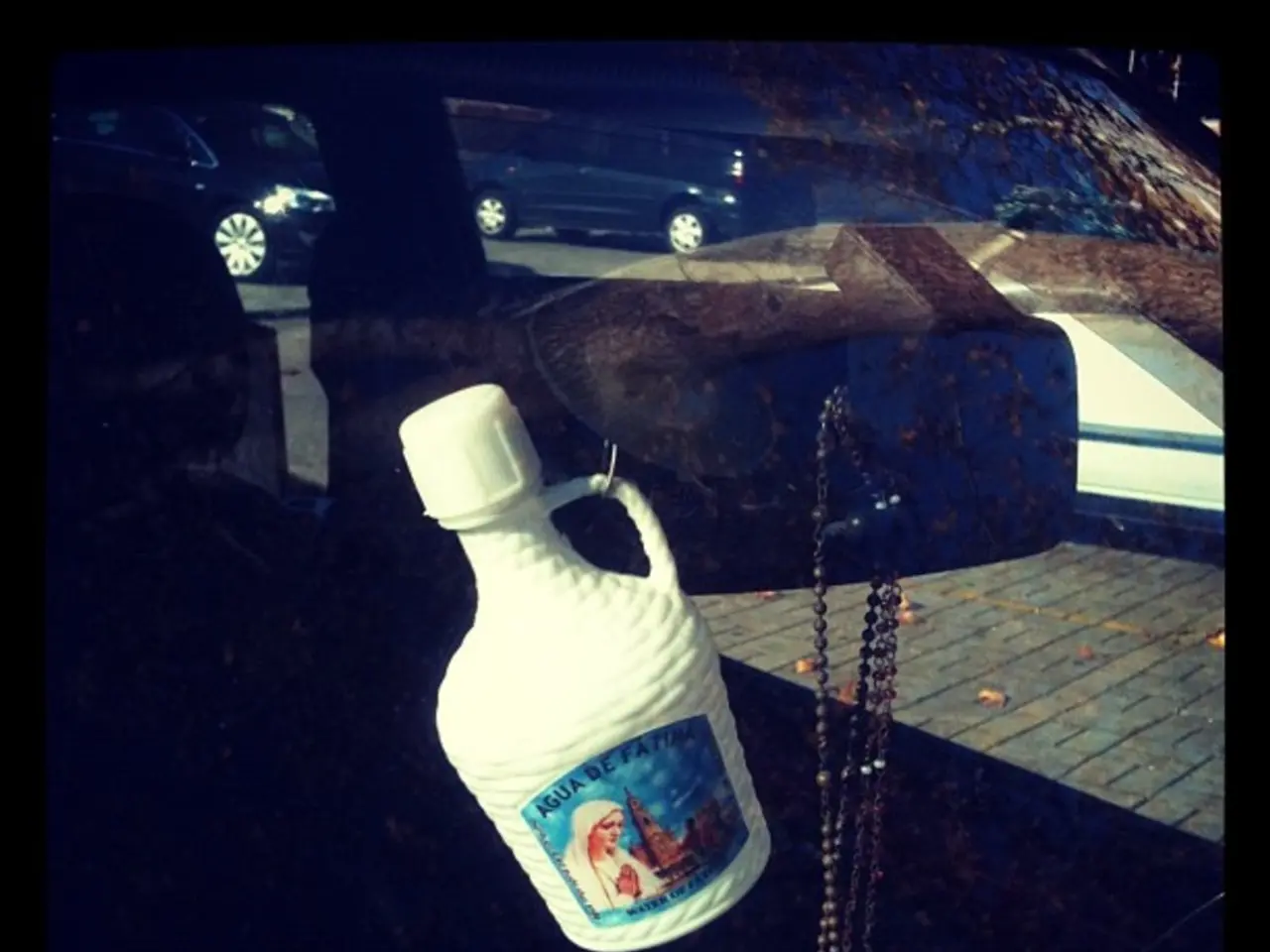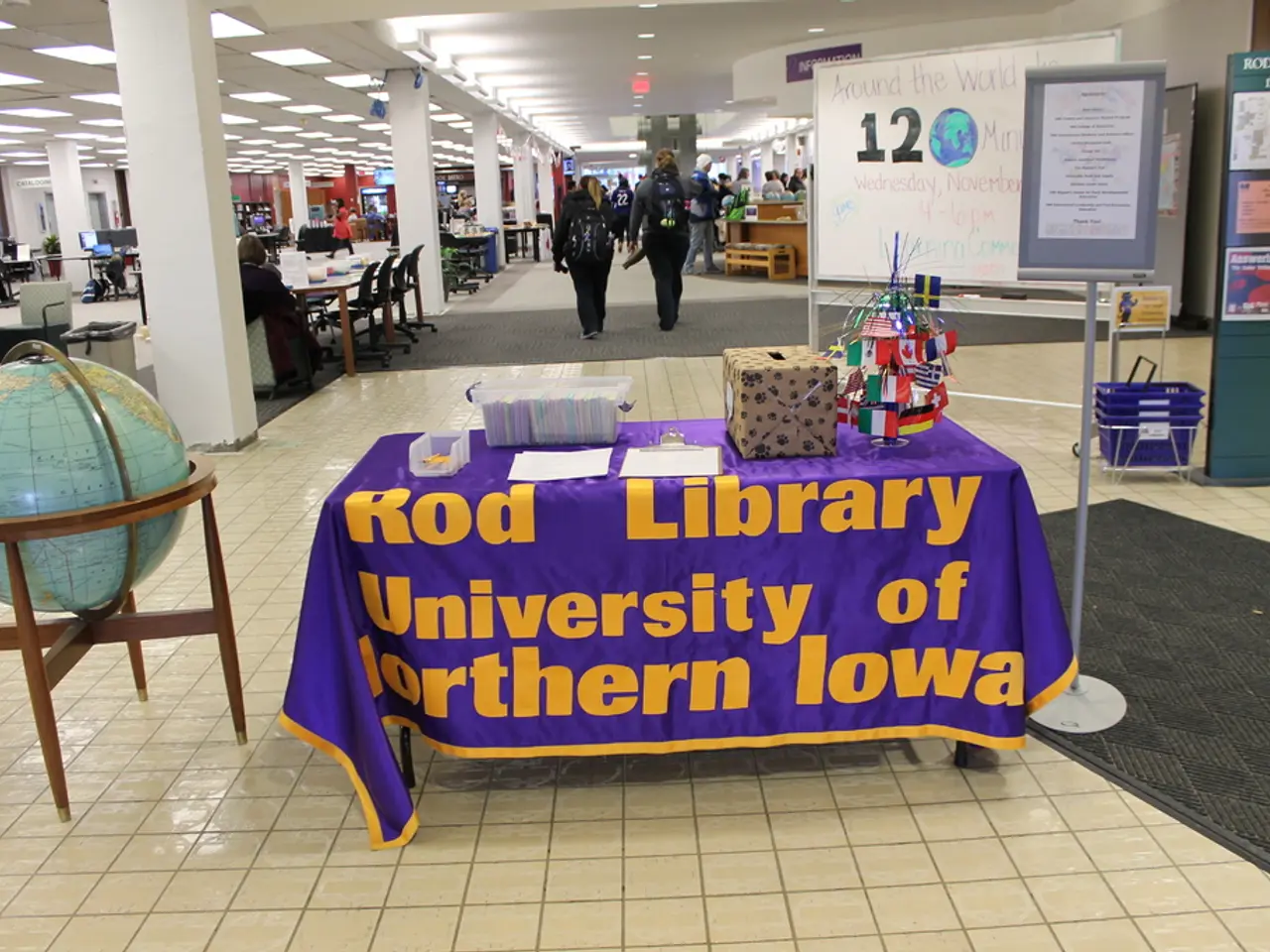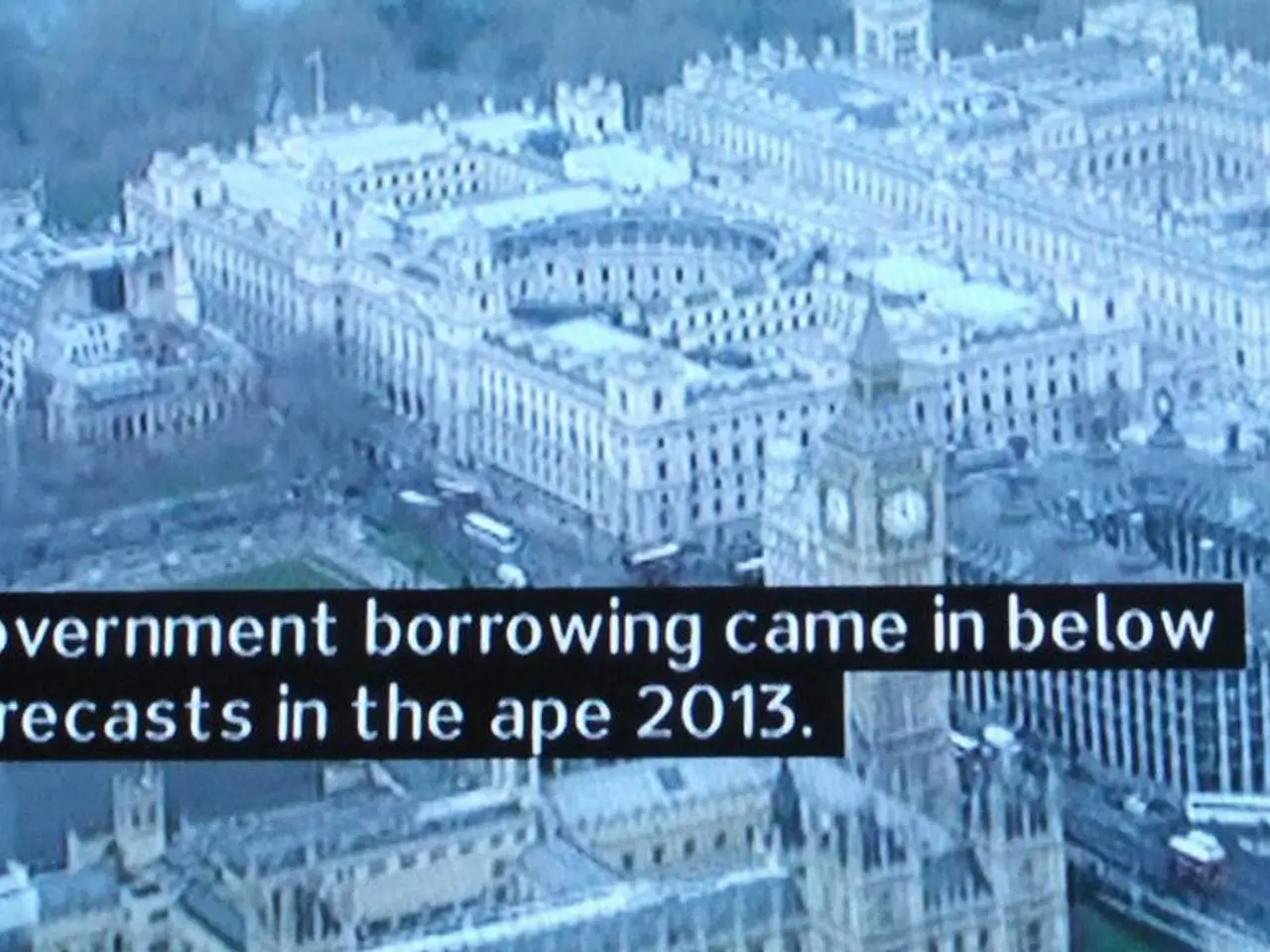Festival on Bremer Eastern Dike, Eastern Dike Festival, faces budget cuts - cannot tighten belts further
In the world of music festivals, the Breminale, a popular event in Bremen, Germany, is grappling with the same financial pressures facing many of its European counterparts. Despite limited specific cost breakdowns for the Breminale, the broader trends affecting the festival industry can help shed light on the challenges it faces.
One significant factor driving up costs is the need for suitable venues and infrastructure. Securing locations, installing stages, sound equipment, lighting, and safety measures all require substantial investment. The demand for prime festival sites has increased, often pushing rental prices higher.
Another costly aspect is enhanced safety protocols, crowd management, security personnel, and emergency medical services. As safety expectations and regulations become more stringent, these expenses have grown.
Booking popular artists, technical personnel, and support staff also comes with rising expenses due to increased demand and competition between festivals. Sustainability and environmental standards, such as waste management and reducing carbon footprints, add to operational costs as well.
Lastly, the broader economic context of inflation and disruptions in global supply chains have driven up the prices for materials, equipment, and services required for festival organization.
In response to these financial pressures, the Breminale is taking several steps to address its financial challenges. One strategy is to expand its programming and audience reach. By offering more live music, a new stage, and year-round events such as the "pre:minale" in winter, the Breminale aims to attract larger and more diverse audiences, increasing potential revenue streams.
The festival is also strengthening community and sponsor relationships. Encouraging local involvement and volunteer support can reduce labor costs and foster a sense of ownership and loyalty among attendees and participants. Engaging local businesses, cultural institutions, and brands as sponsors helps offset some of the financial burdens.
Another potential revenue source for the Breminale is ticket sales and merchandising. While the festival is traditionally free-entry with many open-access activities, it may explore additional ticketed events or merchandise to generate supplementary income.
Despite the challenges, the Breminale remains committed to providing a high-quality festival experience. The sale of solidarity tickets, considered part of the soft factors, has resulted in a loss of 10,000 euros this year, with approximately 800 tickets sold compared to last year's 1,500. However, every fewer technician means lower costs, even if it dampens the event's atmosphere.
The pre-sale for solidarity tickets is still ongoing, and good weather is hoped for to increase festival attendance and revenue. Gastronomy remains the largest source of income for the event, bringing in around 300,000 to 400,000 euros, or about 40-50% of the total income.
With these strategies in place, the Breminale continues to navigate the complex financial landscape of the festival industry, striving to maintain its status as a beloved cultural event in Bremen.
- The demand for prime festival sites, such as the Breminale's location, has increased, driving up rental prices, which is a significant factor in finance-related pressures for the music festival business.
- As safety expectations and regulations become more stringent, expenses for safety protocols, crowd management, security personnel, and emergency medical services have grown significantly in the finance sector of the music festival business.
